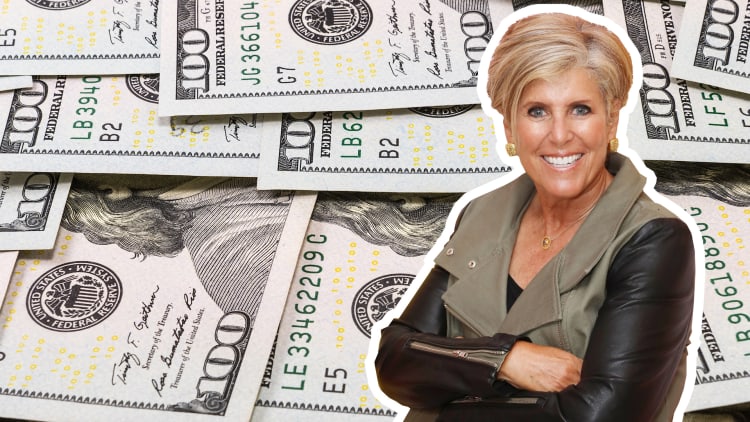Amid calls for relief for student loan borrowers during the coronavirus pandemic, President Trump announced Friday that the government will waive interest payments on federal student loans for the foreseeable future.
"I've waived interest on all student loans held by federal government agencies, and that will be until further notice," Trump said as part of a national emergency declaration.
Exactly which loans apply under this waiver is unclear, and the White House has not released an executive order as of 5:00 p.m. ET Friday. It is also unclear whether the interest will continue to accrue during the postponement period and need to be repaid later.
Treasury Secretary Steven Mnuchin said earlier Friday that the administration was considering pausing payments as well.
Still make payments if you can
If you're still working and your finances have yet to be impacted by recent events, it's best to keep making payments on time, says Elaine Rubin, senior contributor and communications specialist at Edvisors.
"Waiving interest doesn't waive the requirement to make your monthly payments — additional guidance or clarification would be needed from the government," she says.
And if you aren't facing financial hardship, Rubin says to use the situation to your advantage.
"It may be the time to aggressively attack your student loans," she says. "If you aren't being charged interest, this is an opportunity to make an impact on your student loan balance."
Other options
That said, if you do experience economic hardship or unemployment, you may be able to defer your federal student loan payments as a last resort. Interest never accrues on your subsidized federal loans during an economic hardship deferment, and payments will be postponed. Just know that if you are on the path to student loan forgiveness, a deferment will put you off track.
You may also be eligible for an income-driven repayment plan, which can lower your payments now. Some borrowers pay nothing.
"Placing your loan in a deferment or forbearance can be done over the phone," says Rubin. "If you are not well enough to have the conversation, you can make the phone call with a trusted individual. Your loan servicer will likely just need authorization from you to speak to a third party on your behalf."
Some private lenders also allow temporary deferments in certain cases. If you have consistently made your payments on time, call your loan provider and ask what options are available to you during difficult times.
Check out: The best credit cards of 2020 could earn you over $1,000 in 5 years



